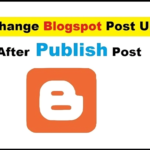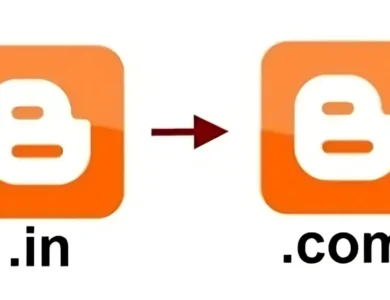
Creating a blogging website with your own domain requires selecting a platform that supports custom domains and offers robust blogging features.
Let us read this interesting article by the website designers in Delhi –
WordPress.org
It is a popular platform for creating blogs.
WordPress gives you full control over your website, allowing you to customize it completely.
There are thousands of themes and plugins available to add different features to your blog.
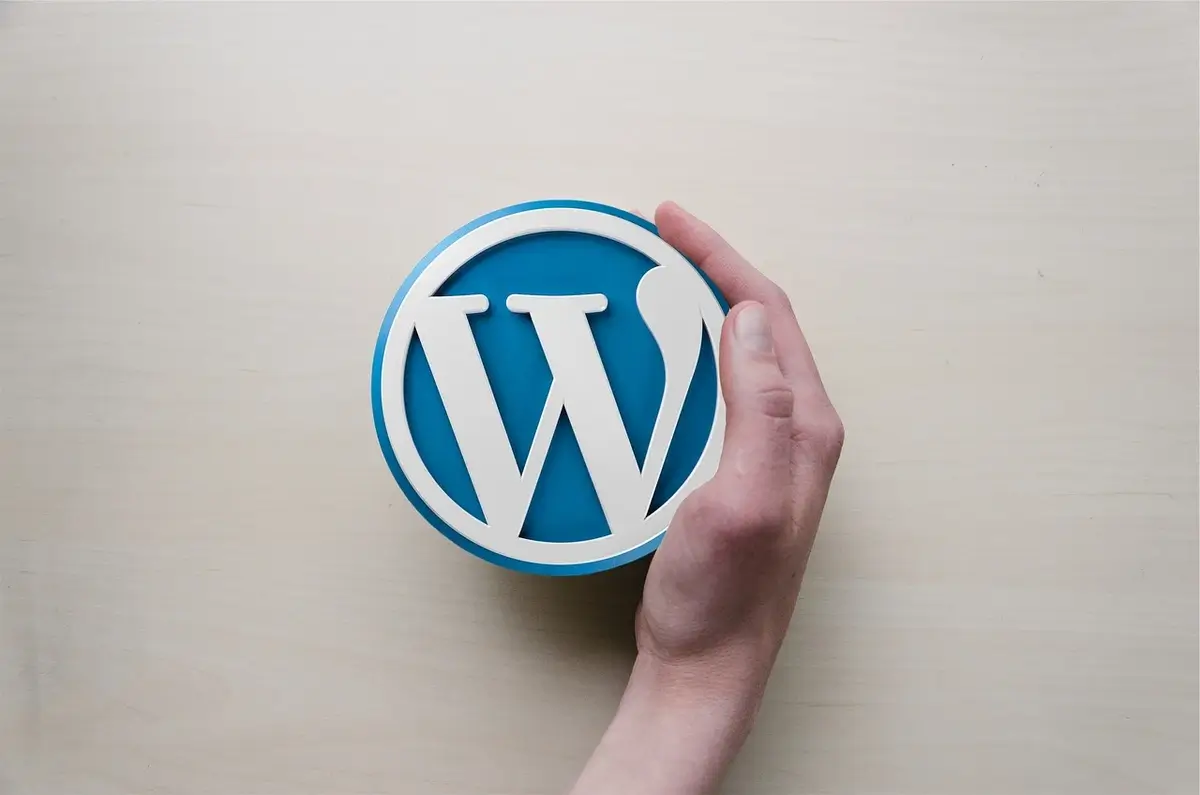
It’s great for SEO (search engine optimization), which helps your blog rank higher in search results.
However, you need to buy your own domain name and hosting plan which can be a bit tricky for beginners.
Also, it has a learning curve, so it might take some time to get used to it.
It’s ideal for those who want complete control over their blog.
- Pros – Full control over website customization, thousands of themes and plugins, strong SEO capabilities, extensive support community.
- Cons – Requires self-hosting, which involves purchasing a domain and hosting plan separately, and a steeper learning curve for beginners.
- Ideal for – Bloggers who want full control and customization.
Wix
It is very user-friendly with a drag-and-drop builder.
This makes it easy to create a professional-looking blog without any coding skills.

It offers a wide range of attractive templates and includes hosting and domain purchase options all in one place.
However, it is less flexible compared to platforms like WordPress.org, especially if you want to make advanced customizations.
Also, the costs can add up if you need premium features.
In the end, it is ideal for beginners who want an easy-to-use platform with modern design options to quickly set up a blog.
- Pros – User-friendly drag-and-drop builder, professional templates, integrated hosting, and domain purchase options.
- Cons – Less flexibility compared to WordPress.org, especially for advanced customizations, and potential higher costs for premium features.
- Ideal for – Beginners looking for an easy setup with modern design options.
Squarespace
It is known for its elegant design templates and ease of use.
It’s an all-in-one platform that includes hosting and domain registration which makes it simple to get started.
It also offers excellent customer support and built-in e-commerce features that allows you to sell products directly from your blog.
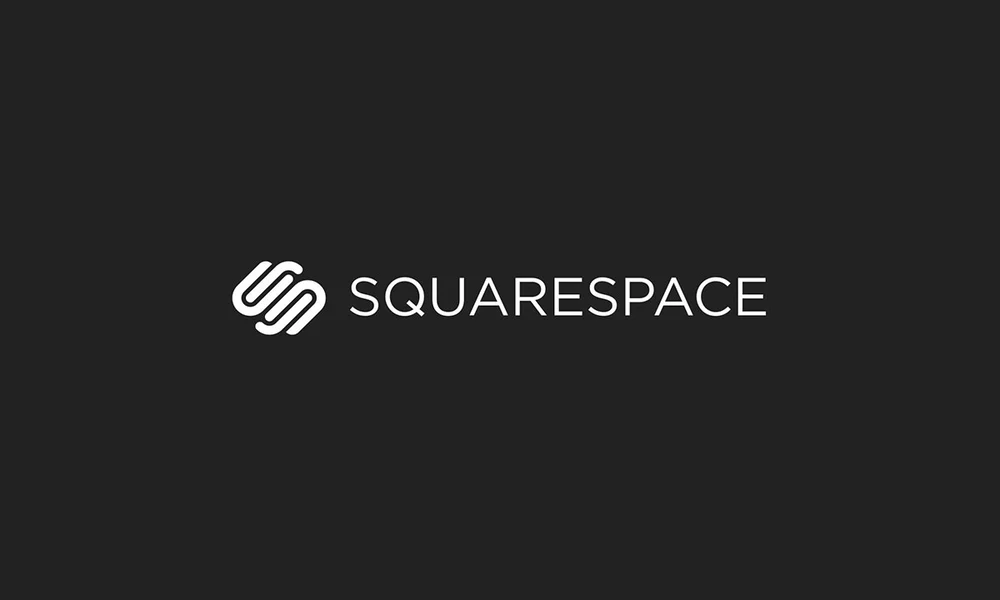
However, it has limited customization options compared to more flexible platforms like WordPress.
This means you might not be able to tweak every detail of your site.
Additionally, it can be more expensive, especially if you need advanced features.
It’s ideal for bloggers who prioritize design and simplicity.
- Pros – Elegant design templates, all-in-one platform with hosting and domain registration, excellent support, and integrated e-commerce features.
- Cons – Limited customization options compared to open-source platforms, and can be more expensive.
- Ideal for – Bloggers focused on aesthetics and ease of use.
Blogger
It is a free and easy-to-use platform owned by Google, making it simple to start a blog.
It integrates well with other Google services like Google Analytics, and you can use your own custom domain.

It also popular among Google Ads Companies.
Setting up a blog on Blogger is quick and doesn’t require technical skills.
However, it has limited customization options.
In simple words, you can’t change the look and feel of your blog as much as on other platforms.
It also has fewer features compared to more advanced platforms, so it might look less professional.
It is ideal for hobby bloggers and beginners who want a straightforward blogging experience.
- Pros – Free to use, easy integration with Google services, supports custom domains, and simple to set up.
- Cons – Limited customization options, fewer features compared to other platforms, and less professional appearance.
- Ideal for – Hobby bloggers and beginners who want a quick and free setup.
Medium
It is a platform designed for writers who want to focus on their content without worrying about the technical details of running a website.
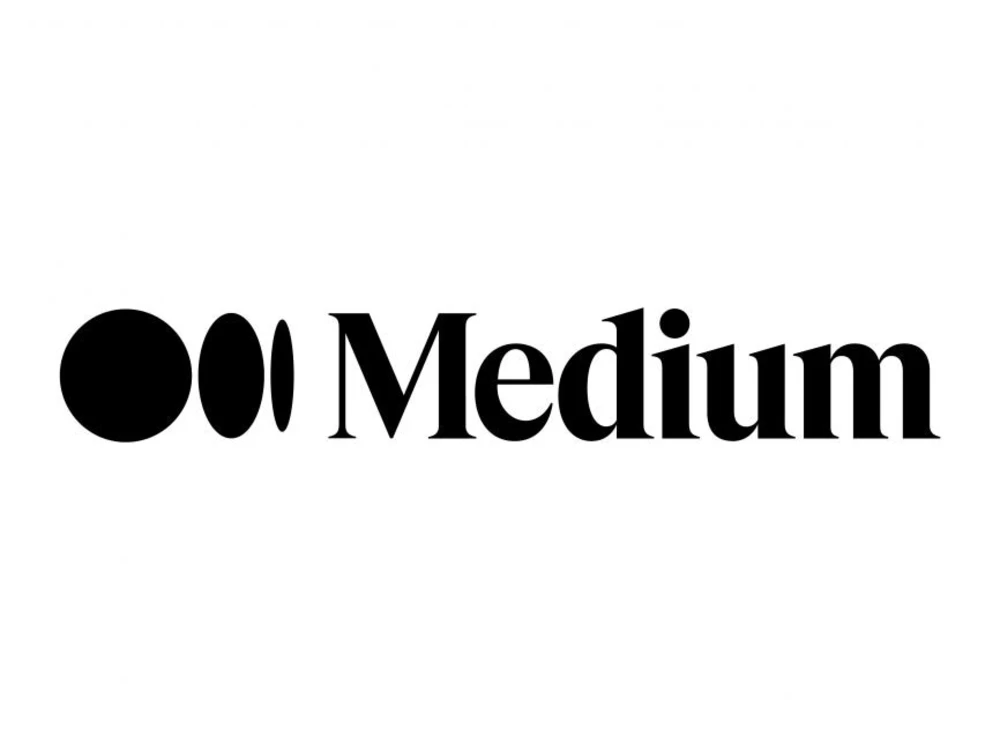
It’s easy to use and has a clean, minimalist design that makes reading enjoyable.
It also has a built-in audience which means your articles can reach more people without much effort.
However, it offers limited customization options, so you can’t change the look of your blog much.
Also, your content is hosted on Medium’s domain, giving you less control over your brand.
It’s best for writers who prioritize content over customization and technical setup.
- Pros – Built-in audience, easy to use, clean design, and no need to worry about hosting or maintenance.
- Cons – Limited customization and monetization options, and the content is hosted on Medium’s domain with less control over your brand.
- Ideal for – Writers focused on content rather than customization and technical setup.
Ghost
It is a platform designed for bloggers who want a fast, modern, and easy-to-use tool focused on writing and publishing.
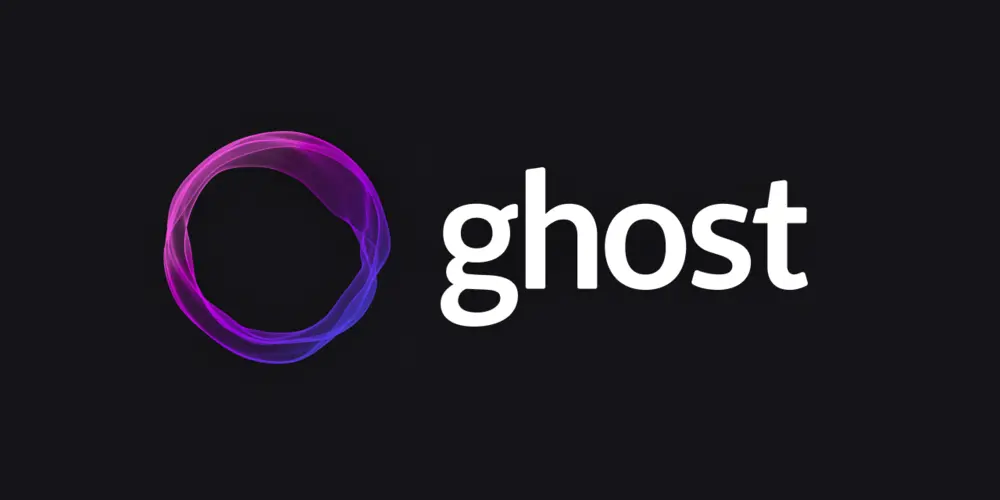
It has a clean design and strong SEO features that helps your blog rank well on search engines.
It supports custom domains, so you can have your unique website address.
While its open-source, meaning you can download and use it for free, you will need to manage your own hosting.
It has fewer themes and plugins compared to WordPress but offers excellent speed and performance which making it ideal for serious bloggers and publishers.
- Pros – Focuses on content creation and speed, modern design, strong SEO and membership capabilities, open-source, and supports custom domains.
- Cons – Requires self-hosting for the open-source version, and fewer themes and plugins compared to WordPress.
- Ideal for – Professional bloggers and publishers who prioritize content delivery and speed.
Weebly
It is a platform that helps you create a website easily using a simple drag-and-drop builder.
This means you can add text, images, and other features to your site just by moving them around with your mouse.
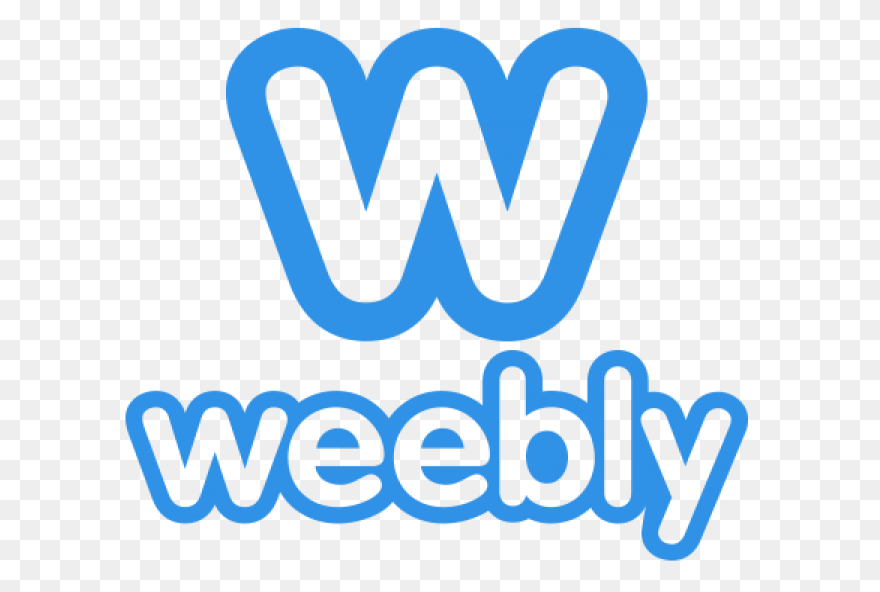
It also provides hosting and domain options, so you can get your own web address and have Weebly take care of the technical details.
While it offers decent customization features, it doesn’t allow as much design flexibility as some other platforms.
This makes it a good choice for small business owners and bloggers who want an easy and straightforward way to build their site.
- Pros – Easy-to-use drag-and-drop builder, integrated hosting and domain options, and decent customization features.
- Cons – Limited design flexibility and fewer features compared to more advanced platforms.
- Ideal for – Small business owners and bloggers seeking simplicity.
Joomla
It is like a toolbox for making websites.
It’s good because it lets you build your site your way.
You can add lots of extra bits to make it do what you want.
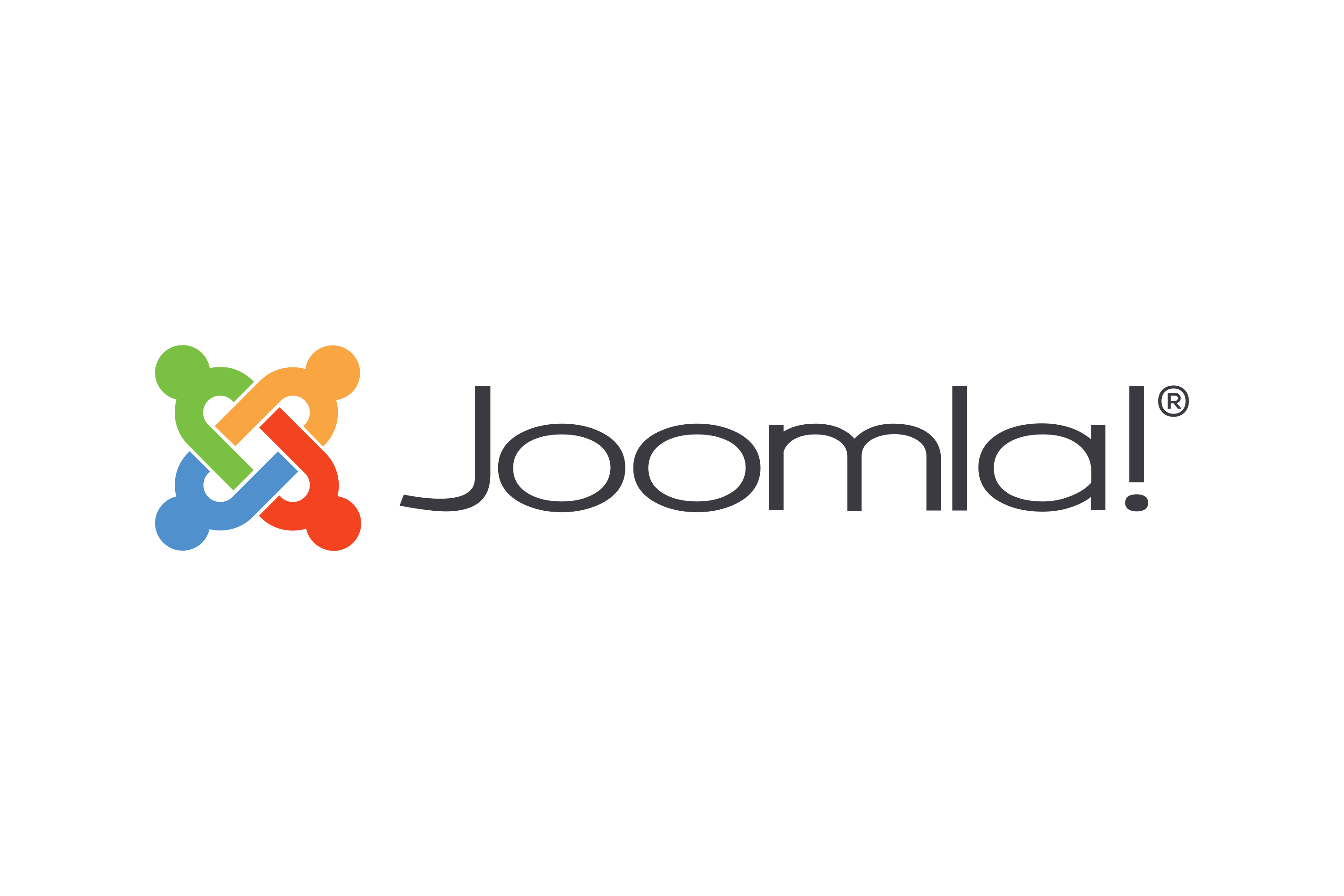
But, it’s a bit like learning to use a new tool.
It takes time to understand how it works.
Also, you need to find a place to keep your site online, which can be a bit tricky.
If you’re good at figuring out how things work and don’t mind spending some time learning,
It can be a great choice for making your blogging website with your own special domain name.
- Pros – Flexible and powerful, supports custom domains, and offers a variety of extensions and templates.
- Cons – Steeper learning curve, and requires self-hosting.
- Ideal for – Users with some technical skills who need a robust and flexible platform.
Typepad
It is a blogging platform that’s easy to use and reliable.
It’s good for people who want a professional-looking blog without needing lots of technical skills.
You can trust it to keep your blog running smoothly, and it comes with hosting included, so you don’t have to find that separately.
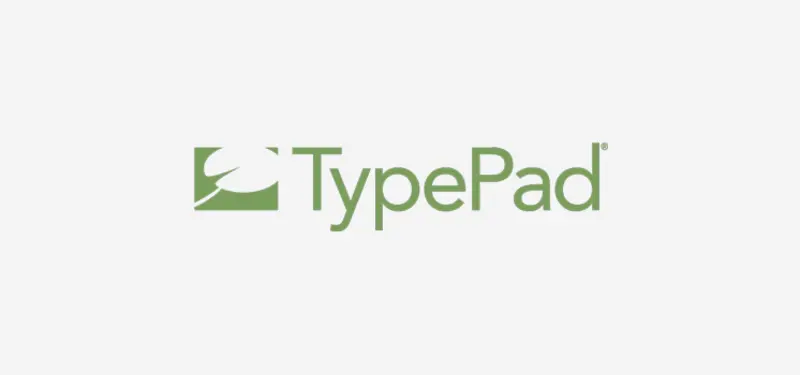
While it’s not as flexible as some other platforms like WordPress, it still offers enough customization options to make your blog unique.
If you’re looking for a straightforward way to start a blog and want something that looks good without a lot of fuss, it could be a good choice.
- Pros – Reliable and easy to use, offers integrated hosting, and good customer support.
- Cons – Less flexible and fewer customization options than WordPress.
- Ideal for – Bloggers seeking a straightforward, professional platform.
Webflow
It is like having a super tool to build your blog website exactly how you want it to look.
It’s great for people who want to make something unique but don’t know how to code.
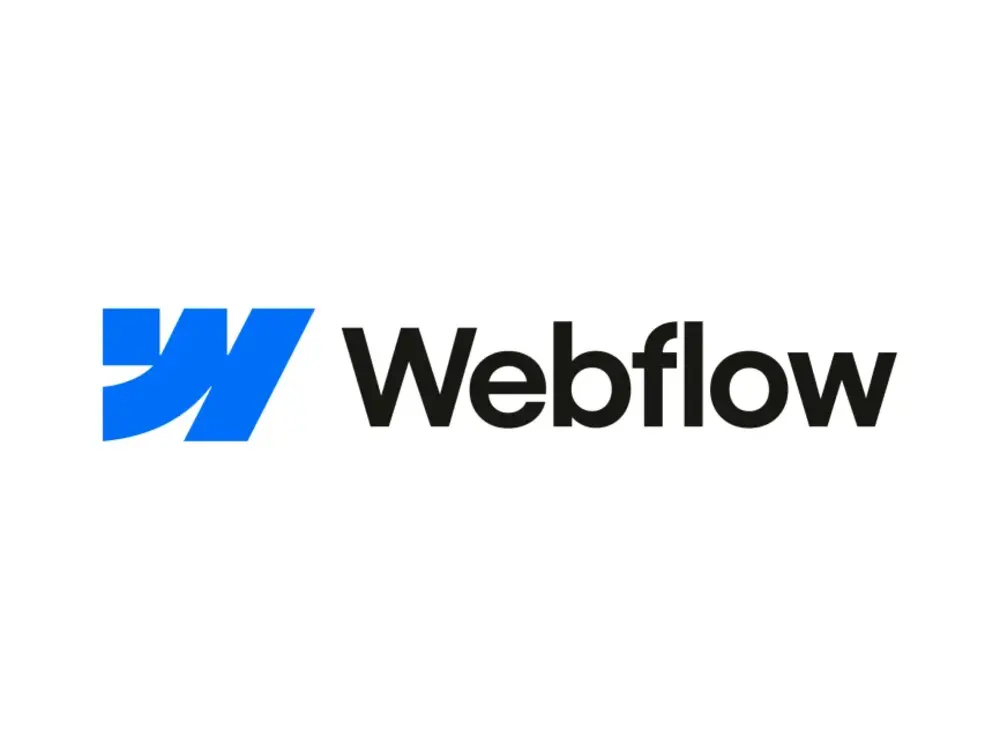
With this, you can design your site using simple drag-and-drop tools, just like arranging things on a table.
It also helps you host your website and lets you use your own domain name, so it feels really professional.
But, because it’s so powerful, it might take a bit of time to learn how to use all its features.
It’s perfect for creative bloggers who want total control over their website’s design.
- Pros – Powerful design tools, great for custom designs, integrated hosting, and supports custom domains.
- Cons – Can be complex for beginners, and has a learning curve.
- Ideal for – Designers and bloggers who want full control over the website design without coding.

